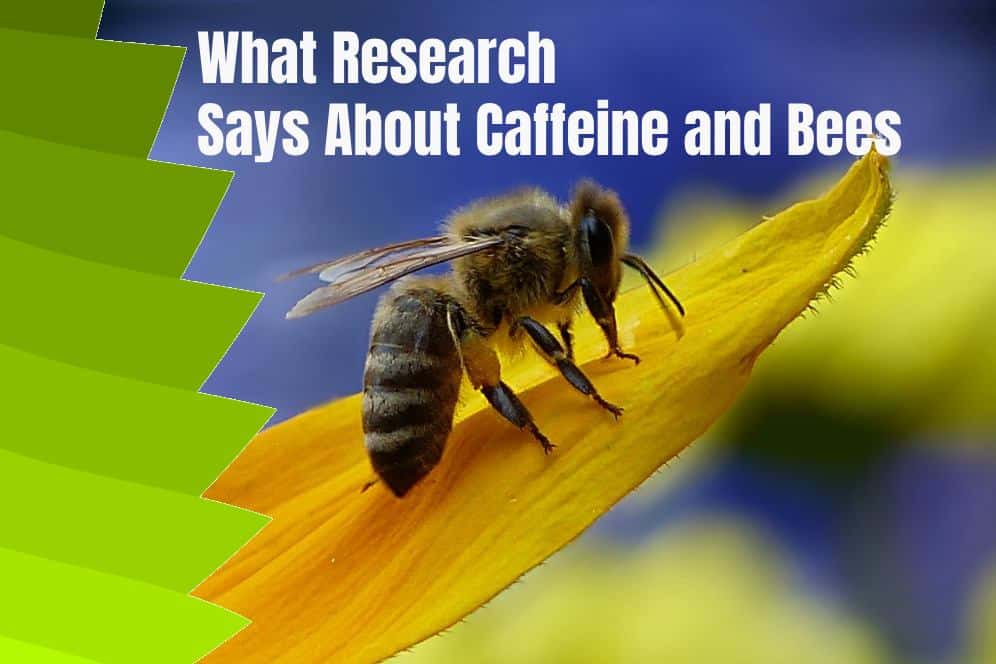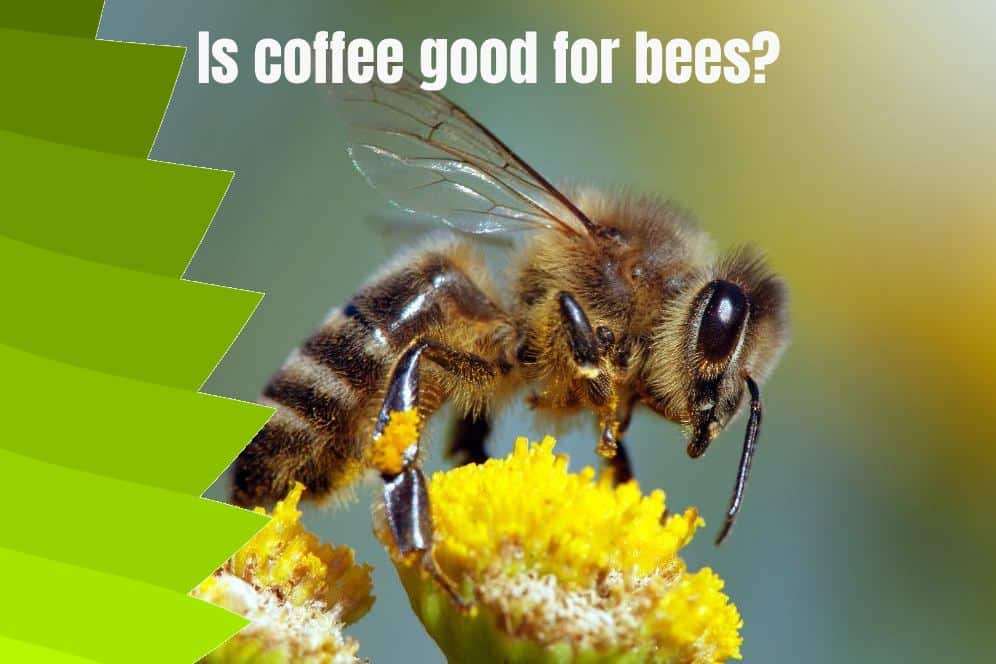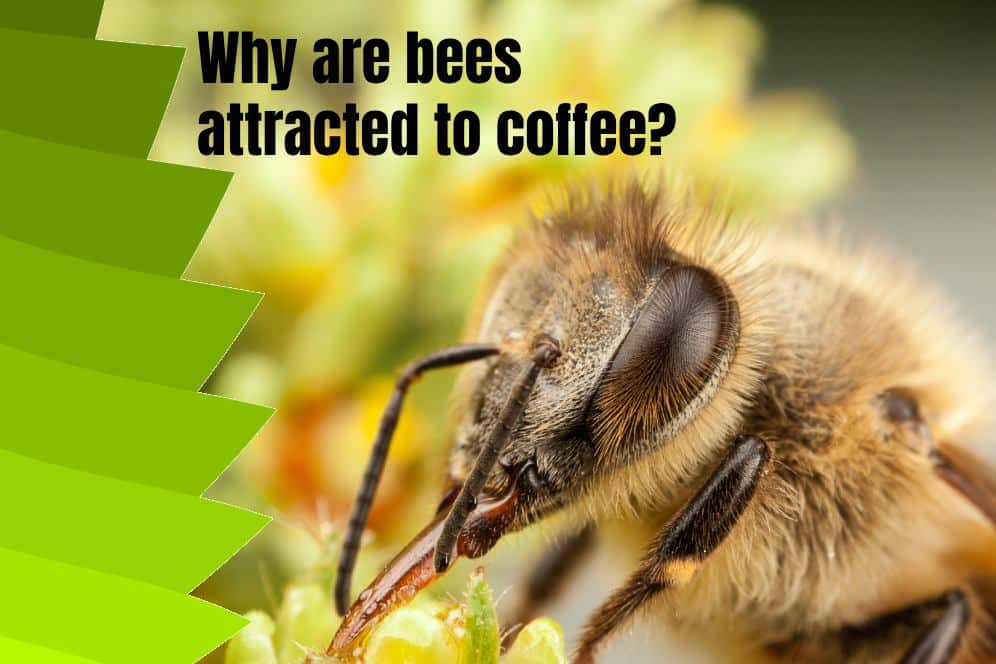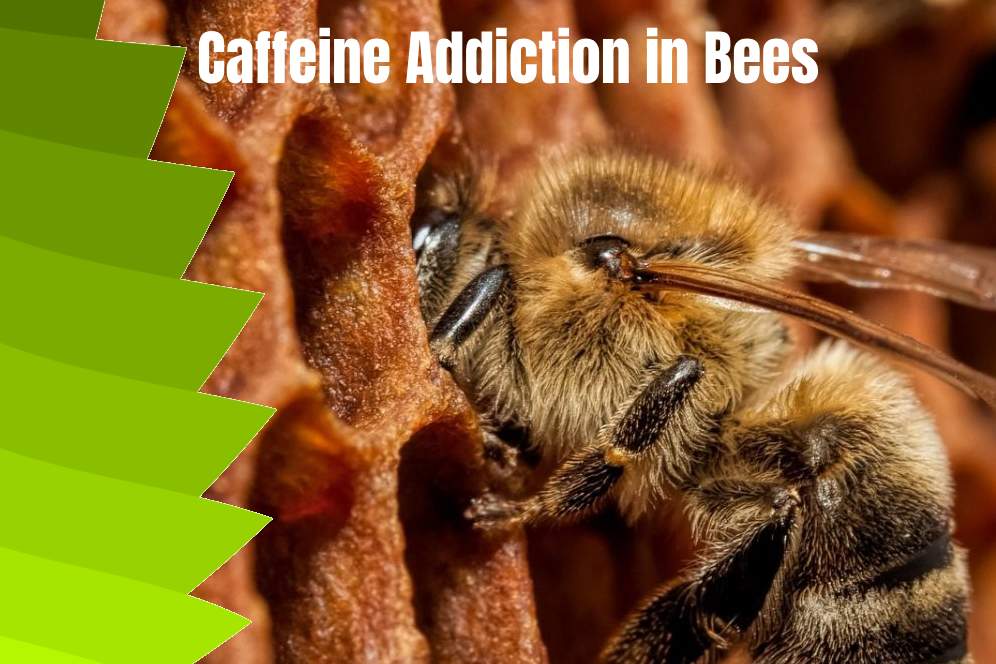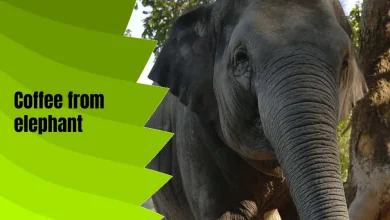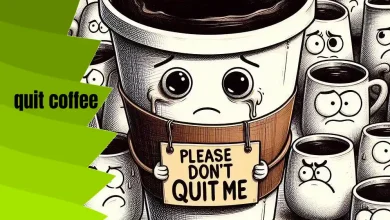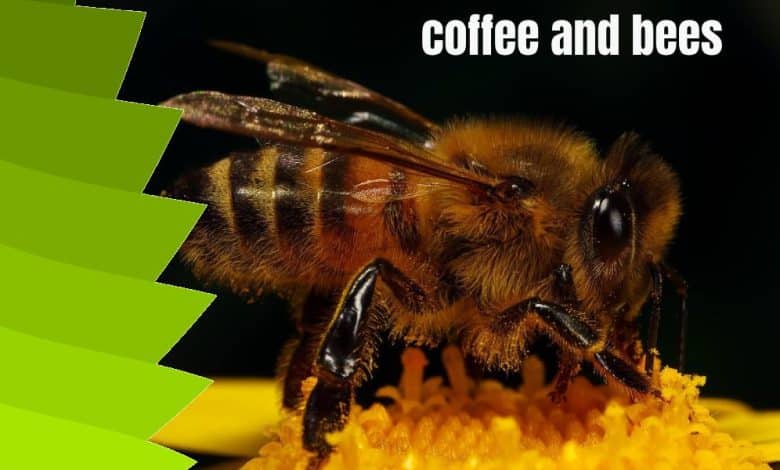
Bees, just like us humans, are fond of caffeine. An experiment shows that they prefer caffeinated sugar water over non-caffeinated food sources.
For many people, coffee is the fuel they need to start their day: the caffeine in it enhances memory and focus, helps with stress, and even protects DNA. And apparently, humans are not the only ones susceptible to this brain-boosting through caffeine: it seems that bees are also fans of this doping.
Contents
What Research Says About Caffeine and Bees
Previous studies have shown that bees have a fondness for caffeine and tend to visit flowers containing this substance more often. It has been established that flowers with caffeinated nectar, such as coffee trees and citrus plants, attract bees more, but the full role of caffeine had not been completely predicted.
To address this question, researchers conducted an experiment on bees. The group that received caffeine training performed more efficiently in terms of landing on the target flowers.
Continuation of Research
In this study, bumblebees, which are commonly used in agricultural production for pollinating flowers and enhancing fruit production, were employed. Eighty-six bees that had not been previously trained were divided into three groups. The first group was provided with a caffeinated sugar solution scented with strawberry flowers as a reward, the second group received a caffeinated sugar solution with the same scent, and the third group received an unscented sugar solution for control purposes.
After training the bees, they were released into a flight area consisting of artificial flowers, some of which emitted the scent of strawberry blossoms, while others had different distracting odors. 70.4% of the bees that received the caffeinated sugar solution scented with strawberry initially landed on the scented strawberry flowers. Furthermore, it was observed that 60% of the honey bees that received the unscented caffeinated solution with a strawberry scent, and only 44.8% of the bees that were given plain sugar solution, initially chose the flowers with the strawberry scent.
This result demonstrated that scent-based rewards can shape bee behavior, and caffeine enhances this conditioning effect. Another finding of this research was that bees that received caffeine during training were faster. It was found that the number of flowers visited by these bees within a specified time interval was higher.
The Results Hold Great Significance for Agricultural Production
Researchers emphasized that these findings are of paramount importance for agricultural production. Scientists noted that strawberry growers purchase thousands of bumblebees annually, but some of these bees prefer to settle on wildflowers in the surrounding environment. They suggested that bees, especially those trained with caffeine, could address this issue.
Selecting the best flowers in the field is not as straightforward as it may seem for bees. Bumblebees, a type of bee that is larger and hairier than honeybees, do not have particularly keen eyesight. Therefore, they rely on other senses like their sense of smell to locate suitable flowers. This need underscores the significance of training bees in this regard.
Caffeine Unbelievably Attracts Bees
Previous studies have shown that when bees are under the influence of caffeine, they can better remember scents. These results indicate that the reward center of the bee’s brain is involved. However, this also plays a role in addiction symptoms. Margaret Jane Couvillon from the University of Sussex says, ‘I wondered how caffeine affects the natural behavior of bees in the wild, especially since many caffeine-containing plants are in low doses.
To answer this question, Couvillon and her colleagues added varying amounts of caffeine to sugar solutions and offered them to honeybees. They found that caffeine stimulates bees to find more nectar. Bees that had consumed caffeinated sugar water also increasingly informed their fellow bees about where to find caffeine.
Caffeine Addiction in Bees
Many bees and wasps are addicted to caffeine. They allow themselves to be enticed by the caffeine in coffee, tea, and citrus plants to seek out flowers that provide insects with weak nourishment. Just as it does for humans, caffeine has a stimulating effect on bees, increasing their desire to collect nectar.
Bees became attached to caffeine-containing feeders and even returned to them when no more sugar water was available. They were also less inclined to search for alternative food sources.
Since nectar from many plants contains small amounts of caffeine, researchers believe this is how plants persuade bees to prefer their flowers, even if they offer only low-quality nectar.
